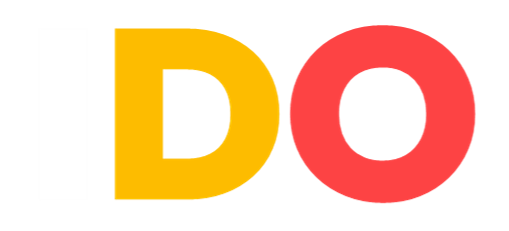The scientific project
A TOOL TO ADVANCE KNOWLEDGE ON THE DISTRIBUTION OF POWER IN ORGANIZATIONS
Organizations essentially rely on two types of people: labor investors and capital investors.
Labor investors
Those who invest their skills and efforts in the organization
Capital investors
Those who contribute financial resources to the organization
An imbalance of power
In the contemporary context, both labor investors and capital investors are essential to the functioning of organizations, but their power is clearly unbalanced. Within the majority of capitalist firms, capital investors have far greater decision-making power than labor investors. High levels of power inequality are characteristic of undemocratic organizations, and we observe that such organizations are proving ill-equipped to deal with the current crises.
The democratization of organizations aims to reduce this imbalance by giving more decision-making power to labor investors. Elements contributing to a more democratic distribution of power in organizations include:
- Guaranteeing trade union rights
- Worker representation in governance bodies
- Deliberative forums to discuss working conditions
- Workers’ autonomy in their work activities
AN INTERNATIONAL INITIATIVE
This perspective is endorsed by the international network of researchers #DemocratizingWork and supported by a resolution adopted in 2023 by the European ministers of the “Employment, Social Policy, Health and Consumer Affairs” Council inviting Member States to move towards more democracy at work to respond to contemporary crises.
OUR CONTRIBUTION
At the end of the 19th century, the development of social policies relied on the establishment of a national statistical system to guide public action. This historical precedent highlights the challenge of measurement to account for and act on work and its structures.
In light of this lesson, the Internal Democracy in Organization Index (IDO) project aims to contribute to the essential production of knowledge for the democratization of work by providing a tool to assess the democratic state of organizations.
Project milestones
Development of a IDO prototype based on scientific literature
IDO prototype testing, improvements, integration of first results and thesis completion
Large-scale deployment and internationalization of the IDO
PhD student
Thibault Crismer
Thibault holds a bachelor’s degree in human and social sciences from ULiège and a master’s degree in sociology from UCLouvain. Since October 2023, Thibault has been a PhD student at the IRISSO research unit at Paris Dauphine-PSL, a research associate at the CriDIS (TED) research unit at UCLouvain, and a researcher at AD CONSEIL.
Scientific Follow-up Committee
The thesis, supervised by Professor Dominique Méda, benefits from a scientific follow-up committee where it draws on the expertise of an expert in the political sociology of work, a specialist in economic sociology, as well as an economist expert in the construction of alternative indicators.

